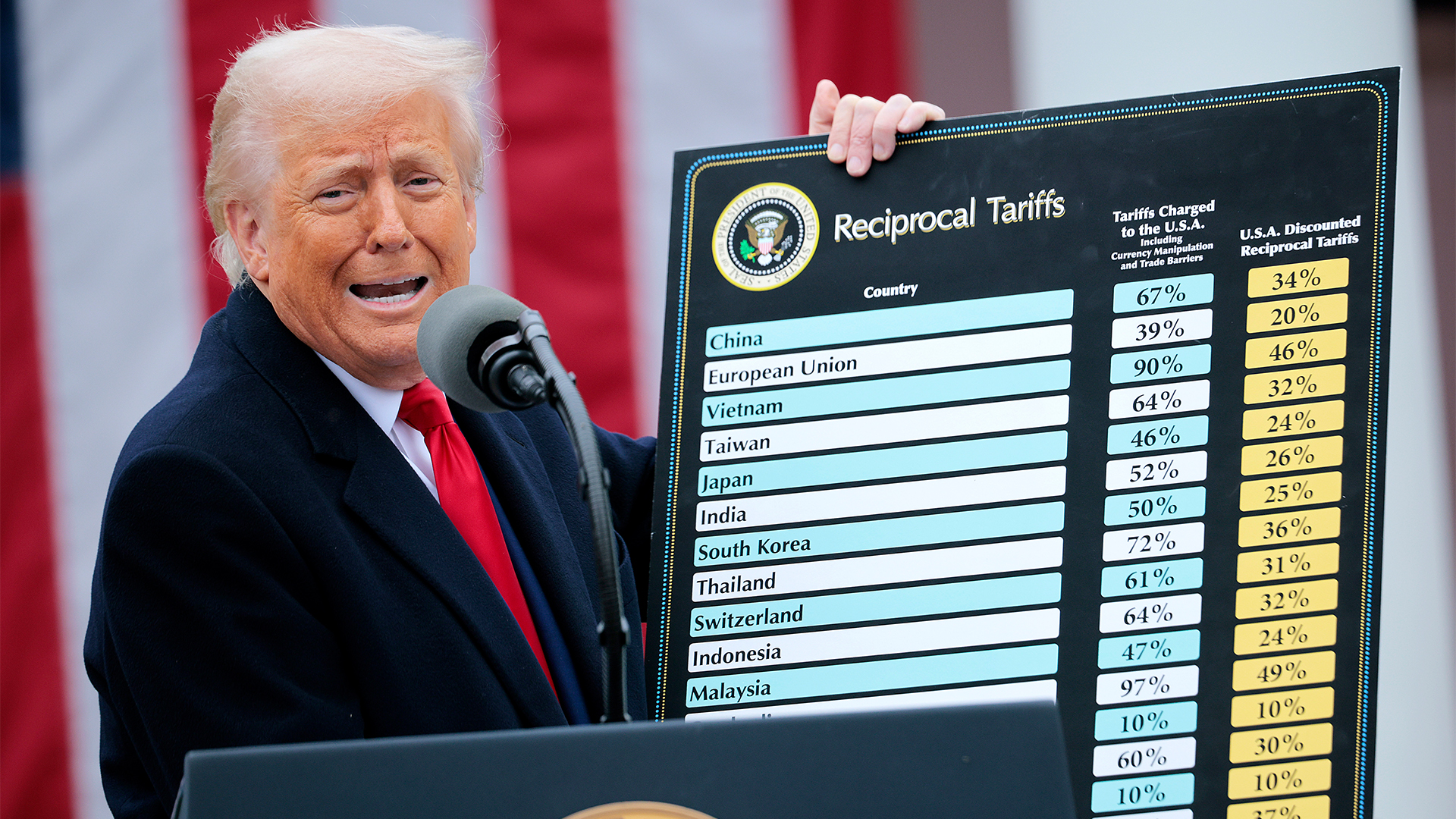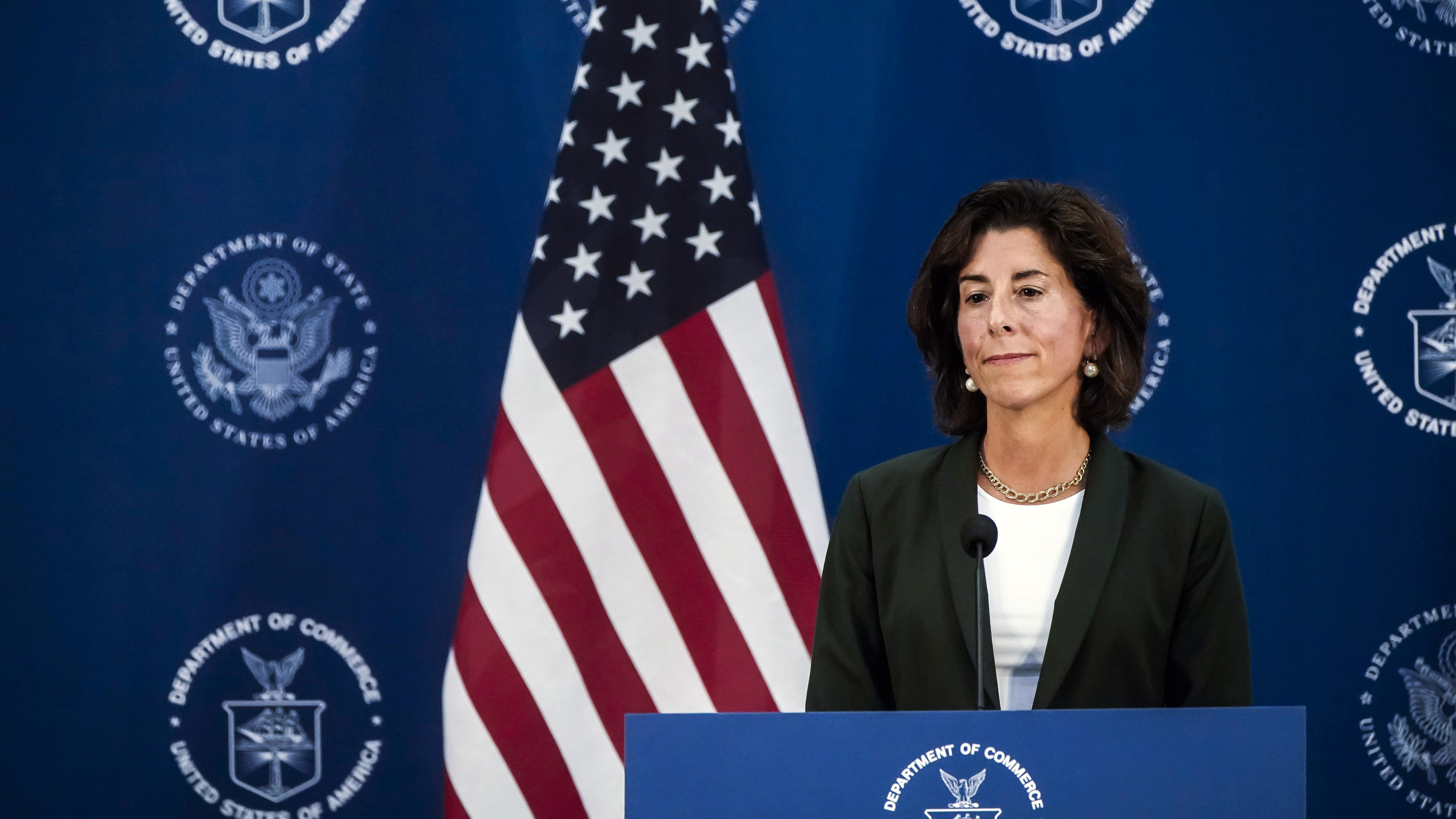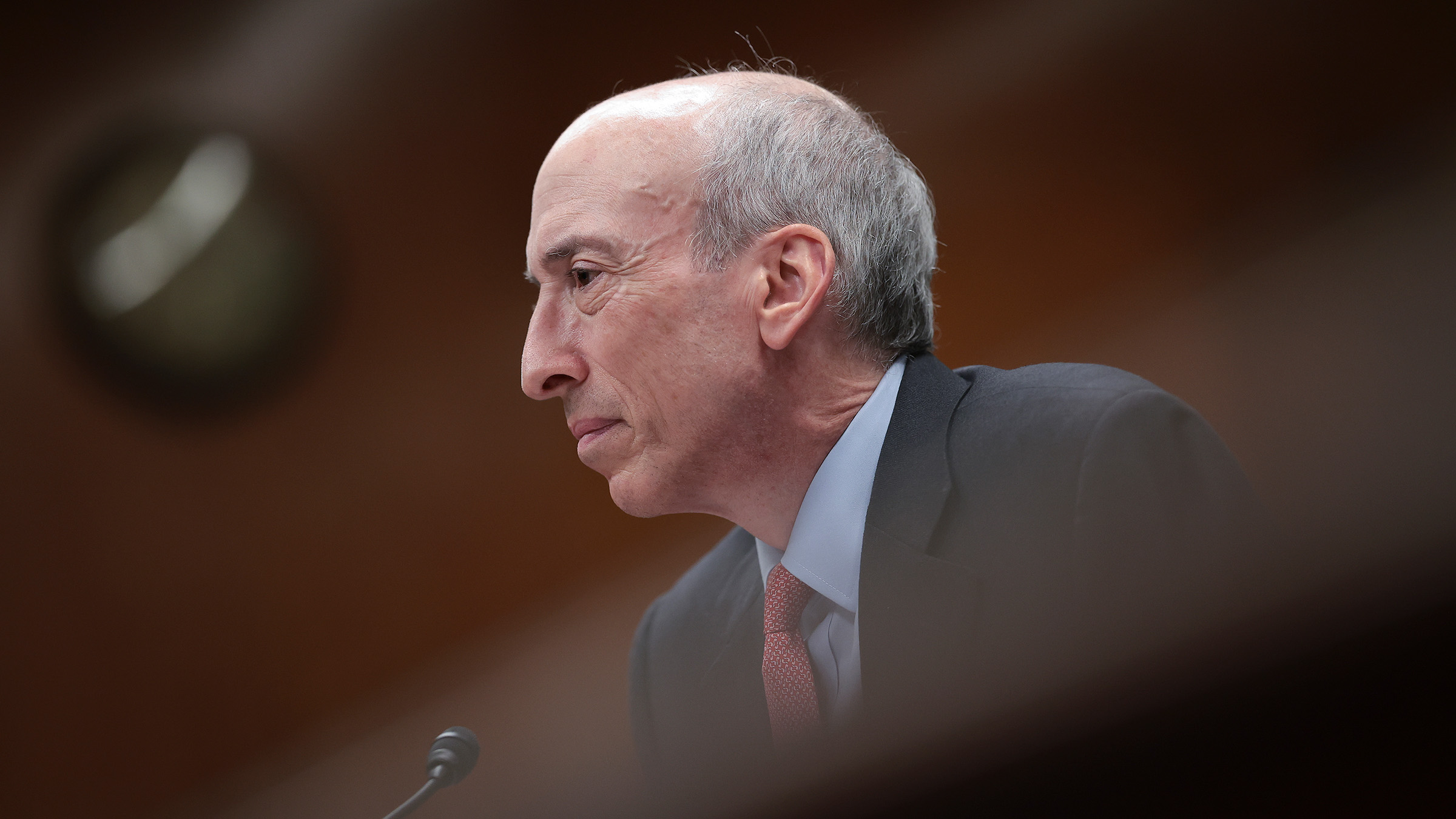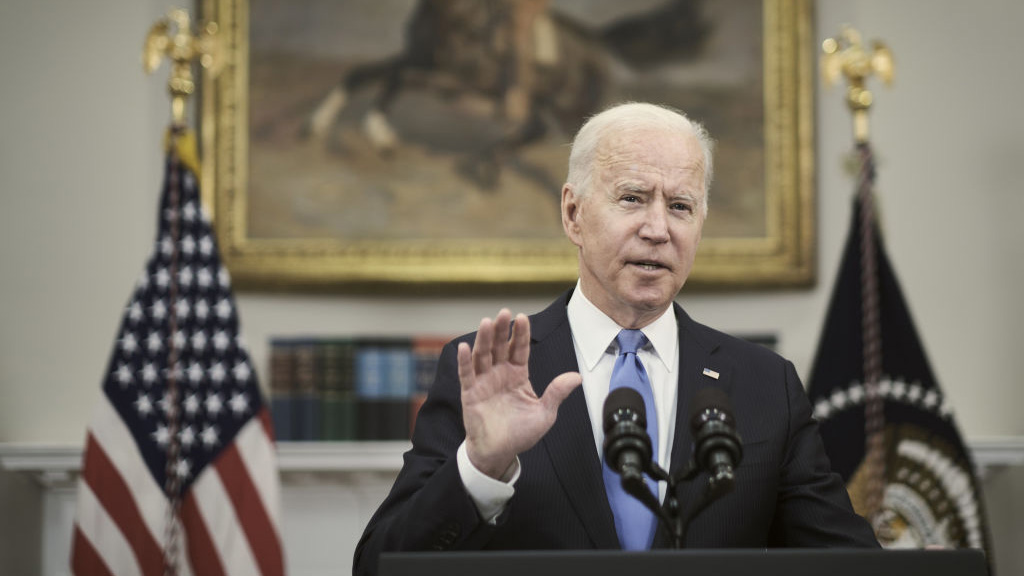Florida passes new anti-censorship law targeting social media firms
Florida law regulates digital platform providers — those that don't own theme parks


Florida Governor Ron DeSantis has signed a bill to penalize social media platforms that censor political candidates.
The new law, which comes into effect July 1, bars internet companies from suspending politicians' accounts before elections and makes it easier for Florida users to sue them for censorship.
SB 7072 bans social media platforms from "deplatforming" a candidate between their qualification and the election date. If they violate the ban, the Florida Election Commission could fine the platform $250,000 per day.
The law also includes broader measures that prevent social media platforms from censoring any Florida-based users in ways that it deems unfair.
"Social media platforms that unfairly censor, shadow ban, deplatform, or apply post-prioritization algorithms to Florida candidates, Florida users, or Florida residents are not acting in good faith," the text of the bill said.
Shadow banning involves limiting the visibility of one user's material by other users. Social media platforms must allow users to opt out of post-prioritization and shadow banning algorithms when reading material, the bill says. It must also provide a way for a user to see how many other users a post reached. It requires social media platforms to publish the standards they use for censoring, deplatforming, and shadow banning.
The anti-censorship measure also forbids posting an addendum to any content posted by a user. This would prevent social media companies from flagging false claims with fact checks, as Twitter did when former-President Trump posted misinformation online and violated its rules on civic and election integrity.
Sign up today and you will receive a free copy of our Future Focus 2025 report - the leading guidance on AI, cybersecurity and other IT challenges as per 700+ senior executives
RELATED RESOURCE

Building a data-driven enterprise of the future
Top five trends that will shape the future of organisational resiliency and effectiveness
The bill also authorizes social media platforms to provide free advertising for candidates. Other measures include rules that stop social media platforms from contracting with Florida government entities if they have been found guilty of anti-trust violations.
Announcing the law, DeSantis argued that Floridians, many of whom come from other countries such as Cuba, have faced censorship in the past. "If Big Tech censors enforce rules inconsistently, to discriminate in favor of the dominant Silicon Valley ideology, they will now be held accountable," he said.
Critics have already hit back against the bill. The Electronic Frontier Foundation said earlier this month that the bill was "mostly performative, as it almost certainly will be found unconstitutional." The EFF has worked with other internet nonprofits to create the Santa Clara Principles, a set of transparency and accountability principles that it encourages content moderation platforms to follow.
The Florida bill isn't the only one targeting social media companies. Texas has a similar bill that recently passed the state senate.
Calls for increased regulation of social media companies are also growing at the federal level. Supreme Court Justice Clarence Thomas argued for them to be regulated like public utilities in April.
In a clear nod to Disney, a massive employer in the state and a large player in online content, the Florida bill included an exemption for companies that own theme parks.
Danny Bradbury has been a print journalist specialising in technology since 1989 and a freelance writer since 1994. He has written for national publications on both sides of the Atlantic and has won awards for his investigative cybersecurity journalism work and his arts and culture writing.
Danny writes about many different technology issues for audiences ranging from consumers through to software developers and CIOs. He also ghostwrites articles for many C-suite business executives in the technology sector and has worked as a presenter for multiple webinars and podcasts.
-
 Will autonomous robotics leap forward in 2026?
Will autonomous robotics leap forward in 2026?In-depth Connectivity and cost benefits remain barriers, despite breakthroughs in physical AI
-
 AWS and NTT Data team up to drive legacy IT modernization in Europe
AWS and NTT Data team up to drive legacy IT modernization in EuropeNews Partnership between AWS and NTT DATA aims to boost AWS European Sovereign Cloud capabilities
-
 UK’s ‘Tech Prosperity Deal' with US hits rocky ground
UK’s ‘Tech Prosperity Deal' with US hits rocky groundNews The US has reportedly threatened to pull out of the deal over the Digital Services Tax and broader economic disagreements
-
 ‘The UK must position itself as the destination of choice’ in wake of H-1B visa crackdown, tech policy group says
‘The UK must position itself as the destination of choice’ in wake of H-1B visa crackdown, tech policy group saysNews The UK has a massive opportunity to capitalize on the US government’s H-1B visa changes
-
 IDC warns US tariffs will impact tech sector spending
IDC warns US tariffs will impact tech sector spendingNews IDC has warned that the US government's sweeping tariffs could cut global IT spending in half over the next six months.
-
 US government urged to overhaul outdated technology
US government urged to overhaul outdated technologyNews A review from the US Government Accountability Office (GAO) has found legacy technology and outdated IT systems are negatively impacting efficiency.
-
 US proposes new ‘know-your-customer’ restrictions on cloud providers
US proposes new ‘know-your-customer’ restrictions on cloud providersNews The US aims to stifle Chinese AI competition with new restrictions on cloud providers to verify foreign data center users
-
 SEC passes rules compelling US public companies to report data breaches within four days
SEC passes rules compelling US public companies to report data breaches within four daysNews Foreign entities trading publicly in the US will also be held to comparative standards
-
 A look back at 7 other tech companies to undergo major rebrands
A look back at 7 other tech companies to undergo major rebrandsNews As Elon Musk announces a total change of Twitter’s branding after 17 years, we look back at how similar projects have panned out for other big tech firms
-
 US says National Cybersecurity Strategy will focus on market resilience and private partnerships
US says National Cybersecurity Strategy will focus on market resilience and private partnershipsNews The recently announced implementation plans alow for more aggressive action against ransomware gangs
